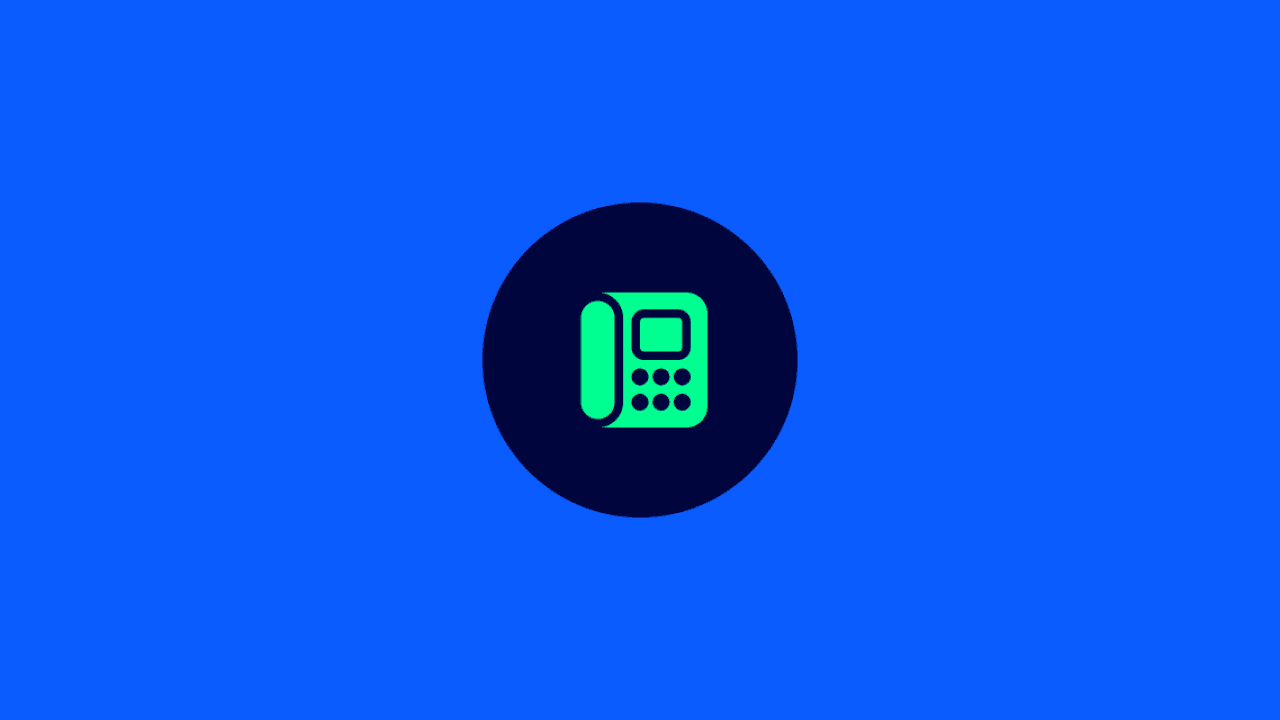VoIP phone refers to a device or program that utilizes Voice over Internet Protocol (VoIP) technology. VoIP technology allows the user to make voice calls over broadband internet, rather than through a traditional, analog connection.
VoIP phone can look just like a traditional office desk phone. The difference is behind the scenes. Instead of transmitting through a physical pair of copper wires, VoIP utilizes the internet to transmit voice calls, in the form of data packets. VoIP phone systems can also be a software application or app, coined softphone, and not require desk phone hardware.










